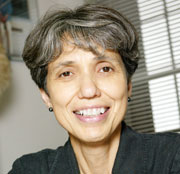Forget Greening the TPP – The Environment Needs Industrial Policy
Over the years, I’ve come to see two different and seemingly contradictory movements as both vitally important to America’s future: the environmental movement, and the movement to bring jobs back to America and prevent large swaths of the country from turning into Detroit, Camden, Gary, and Youngstown, through a kind …


